How to Know Your Alcoholic Beverage Company is Ready for an ERP System: Part One
Whether you’re a booming craft brewery or a winery winning at life, running a profitable alcoholic beverage company requires more than just hard work and attention to detail. It requires reliable, up-to-the-minute technology and the knowledge of how to use it effectively. From managing inventory and supply chain logistics to tracking sales and compliance, many moving parts need to be managed.
One way to streamline operations and gain that competitive edge is by adopting an Enterprise Resource Planning (ERP) solution built specifically for your industry. An ERP system is a platform that helps companies manage and automate their business processes, like
warehouse management, accounting, procurement and logistics, and manufacturing and production.
But how do you know if your company is ready for an ERP solution and why is it important to act on this insight sooner rather than later? In Part One, we’ll discuss some of the pain points to look out for that might mean the time is right. In Part Two, we’ll take a look at how adopting the automation and synchronicity that ERP provides will positively impact your business.

Too Much Pain, Not Enough Gain?
There are several common pain-points that businesses tend to experience in the alcoholic beverage industry as they reach a certain point in their growth. We like to think of these as “growing pains” – the toes are starting to feel the pinch and it's time for a bigger pair of shoes. The good news is that this likely means yay! Growth! The bad news is that waiting around too long to adopt a beverage ERP system to mitigate the growing pains could leave you stunted.
So, what ouch-inducing scenarios should you be on the lookout for to indicate that the time is indeed nigh? Let’s go through the most common.
Do You Have Too Many Manual Processes?
Manual processes are time-consuming, tedious and vulnerable to human error. And for alcoholic beverage companies, they can lead to inefficiencies that plague the entire organization. It's important to know when your company has too many manual processes in order to identify pain points that can be resolved by automation. One of the most significant benefits of ERP for beverage manufacturers is that it can automate many of these manual processes, freeing up time and resources for other important tasks that require creativity and industry expertise.
Sometimes it’s obvious when you see the strain across your organization, but other times it sneaks up on you. For example, in a recent case study about
Crafted ERP business benefits for brewers, it was noted that “Beerfarm was relying on a myriad of siloed systems including Xero, EKOS and Microsoft Excel to manage its day-to-day operations, financial management, and production planning. Having started to see the strain this approach was putting on their team, it sought to find a more comprehensive solution to provide a platform for growth, and reduce the complexity of administration, data aggregation, and reporting for their leaders and the wider organization.”
By partnering with Crafted ERP,
Beerfarm was able to transform the way their organization operated.
Data Management Woes?
Noticing early signs of inefficiencies in a beverage company’s data management is a clear indicator that it's time to consider implementing an ERP solution. Either having too much data or having too much variety in your data can cause critical infrastructure to fail when you need it the most. Manually tracking data such as inventory levels, sales figures and compliance records is time-consuming and can lead to inaccuracies in reporting as well as an environment where identifying trends and patterns in the data is difficult. This can set a company up for failure as it scales.
An ERP solution can automate the data management process across an organization, making it more accurate and efficient. It can also provide real-time visibility into data, allowing for more informed decision-making. By using an ERP that is built specifically for the alcoholic beverage industry, companies can ensure that they are capturing all the necessary data and that it is organized in a way that makes sense for their specific business challenges.
Increasing Inventory Management Challenges?
Are you noticing that you and your team are experiencing increasing difficulty in keeping accurate records of stock levels and product movement? Seeing mistakes becoming more common and customers or distributors starting to take notice? This happens as rapidly growing demand and increased geographical coverage become too much for your existing system and technology.
In industries that rely on distributing physical goods to a variety of locations,
inventory management is a crucial process that can make or break a business. Keeping track of stock levels, maintaining accurate records, and ensuring that products are delivered on time to the intended customers are core functions of these businesses. When inventory management becomes too complex and time-consuming (often due to manual data entry and disparate data platforms), inefficiencies and errors that can have a significant impact on the bottom line tend to be more common.
An ERP built specifically for the alcoholic beverage industry like Crafted ERP has
integrated real-time inventory management functionality that replaces the need for manual processes and can replace existing ERP solutions built for more general use cases.
Biz Ops Blindness?
Management needs to have visibility into what is going on across the company – not just their own departments. Without convenient access to every business function, leadership can’t make informed decisions and move the company forward. It’s a common issue for many companies, especially in the alcoholic beverage industry, and the lack of visibility for managers and executives is a clear sign that it's time to implement an appropriate ERP system. When different departments and teams are working in silos, it is difficult to get a clear picture of what's happening across the entire organization. This can lead to inefficiencies and errors across the board.
The right ERP can help alleviate this issue by providing real-time visibilty into all aspects of the business, including hiring, finance, inventory, logistics, production, and manufacturing, just to name a few.
Finding Growing Demand…Well, Demanding?
If your organization is struggling to keep up with growing demand, it's a clear sign that its current processes and systems are no longer sufficient. Although an ERP solution may not solve every problem across the organization that a growing customer base brings, it certainly is a major step in the right direction.
ERPs can help companies improve their customer service and responsiveness by providing real-time information about inventory levels, delivery schedules, and order status. This allows companies to respond quickly and effectively to customer needs, which alleviates some of the stress associated with hikes in product demand.
Is Change Harder Than It Should Be?
The alcoholic beverage market is constantly evolving with new market entrants and innovators and new trends and technologies emerging all the time. Companies that can't keep up with these changes risk falling behind.
One of the biggest challenges when adapting to changes in the market is the lack of flexibility and scalability in your existing systems and processes. Manual processes are rigid and difficult to change, making it hard for companies to pivot quickly when necessary.
An ERP solution can help a company adapt faster by providing a single, unified system that can be easily configured and customized to meet the changing needs of the business. With an ERP, companies can automate processes, streamline workflows, and gain real-time visibility into all aspects of their operations. This allows them to make data-driven decisions and respond to changes in the market more quickly and effectively.
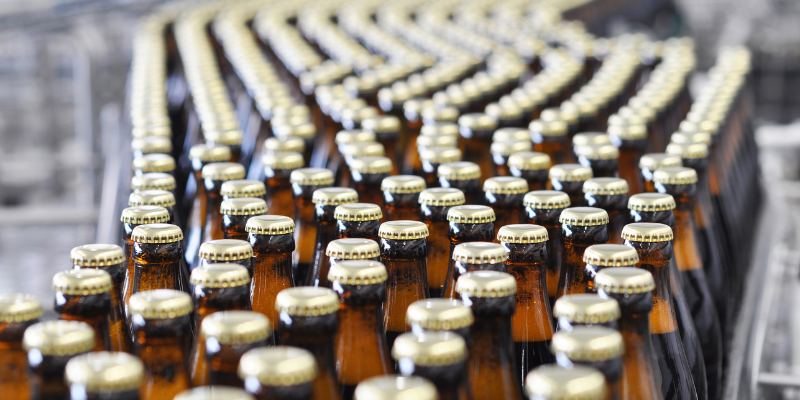
Key Takeaways
As a business scales to meet growing demand, it's important to be aware of the common pain points that can arise in data management, inventory management, and the ability to adapt to change. By identifying these issues and addressing them before they see drastic consequences, companies can ensure that they are well-positioned for future growth and success.
Ready to learn more? Read Part Two of our blog where we examine the positive effects an ERP system can have on your beverage business.

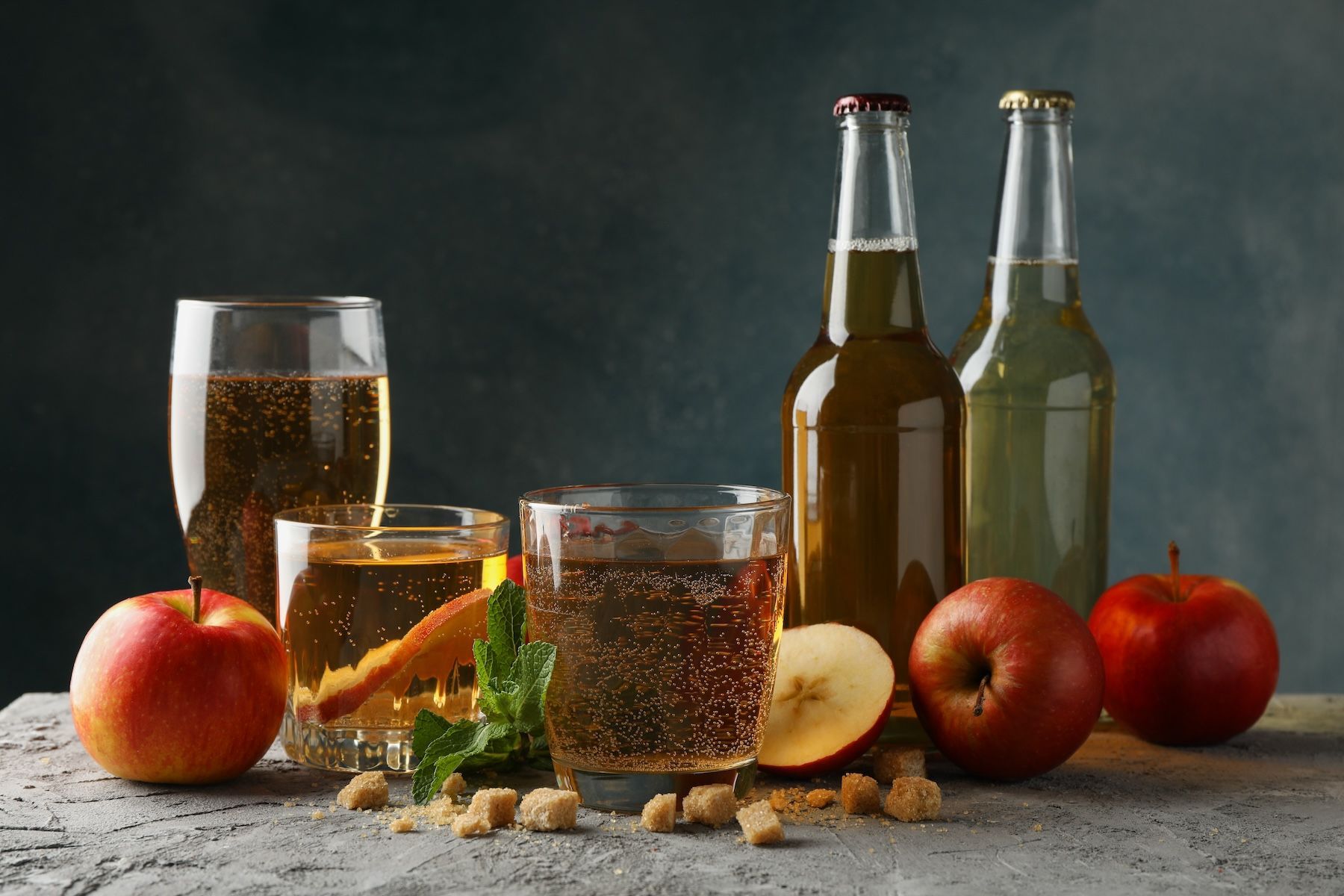
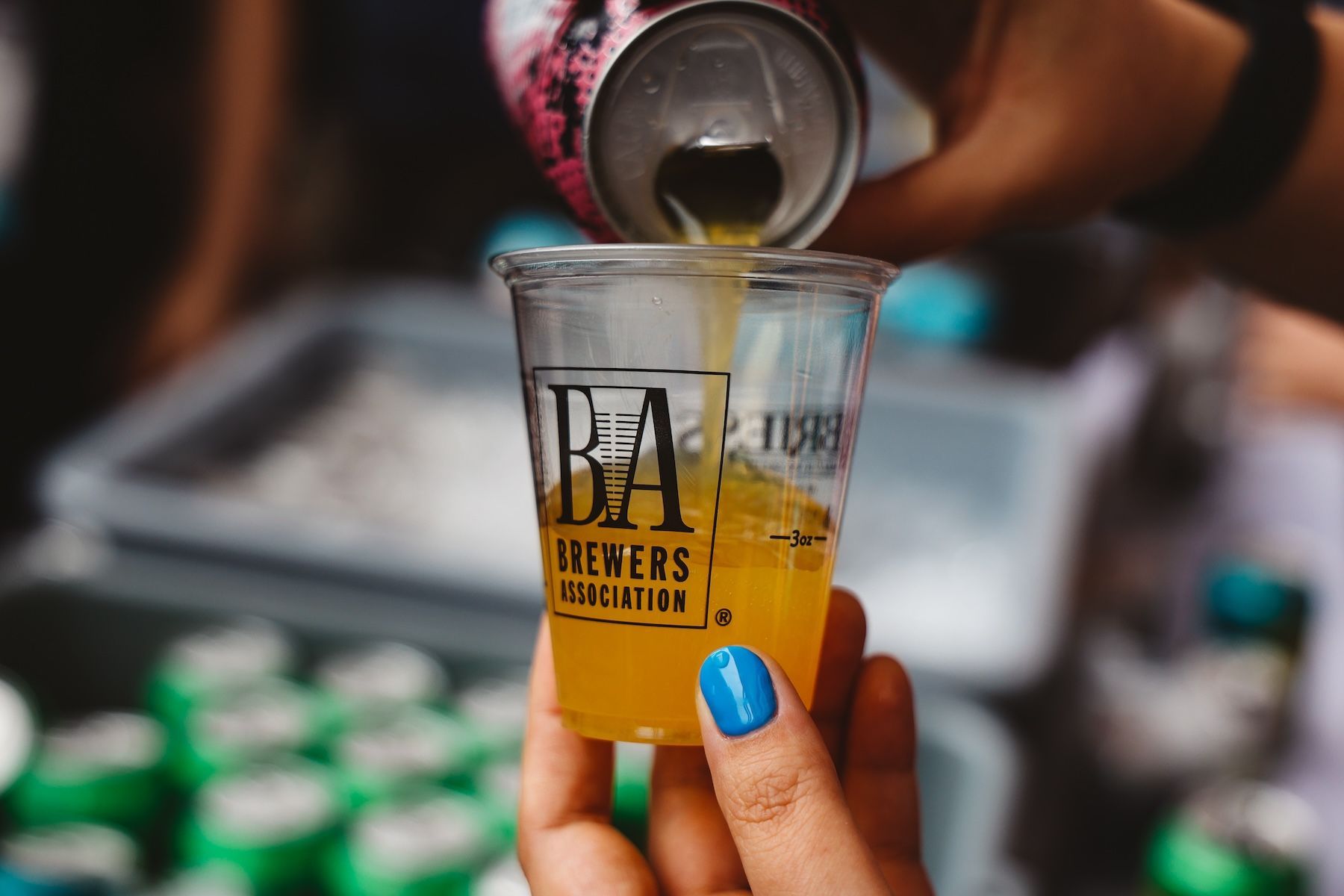

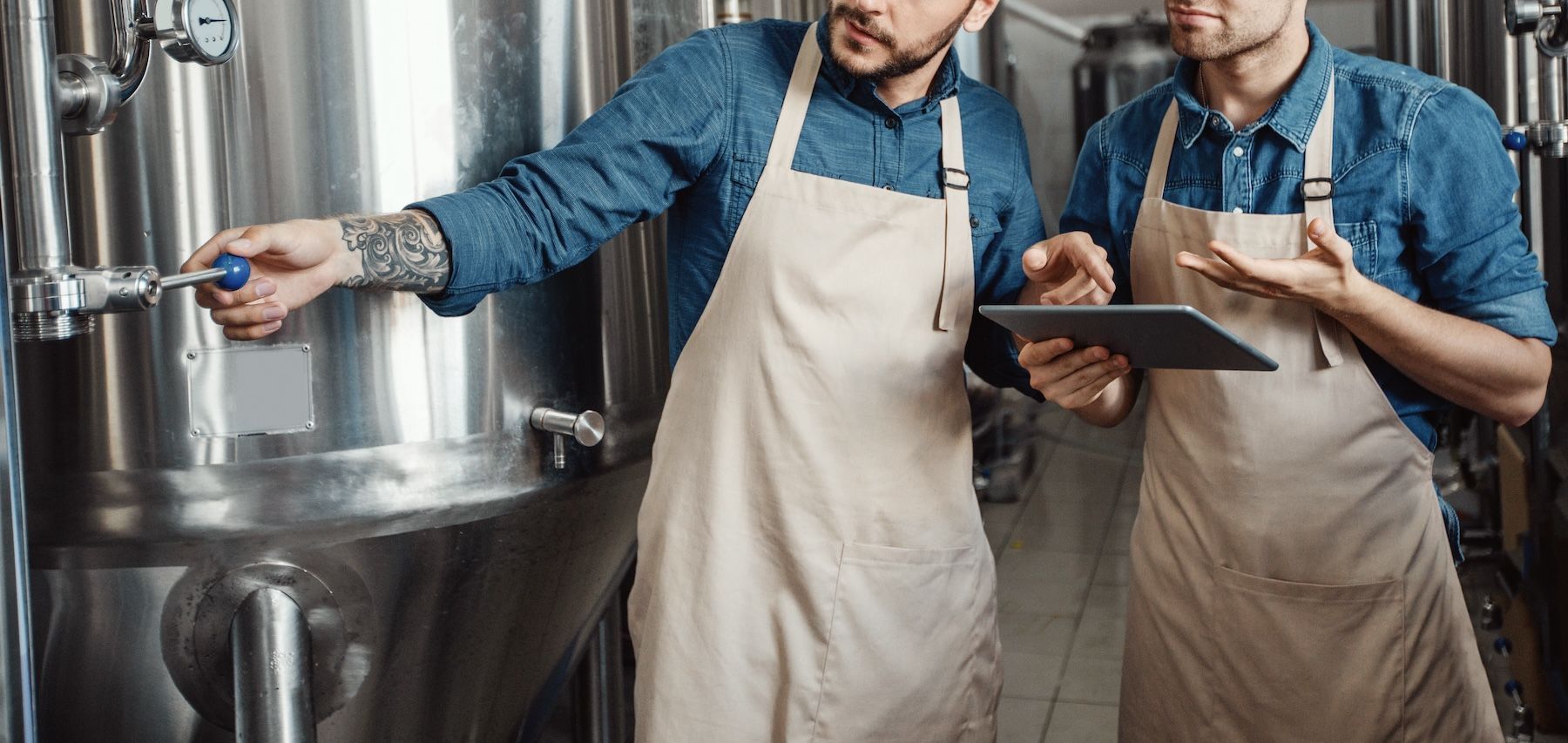



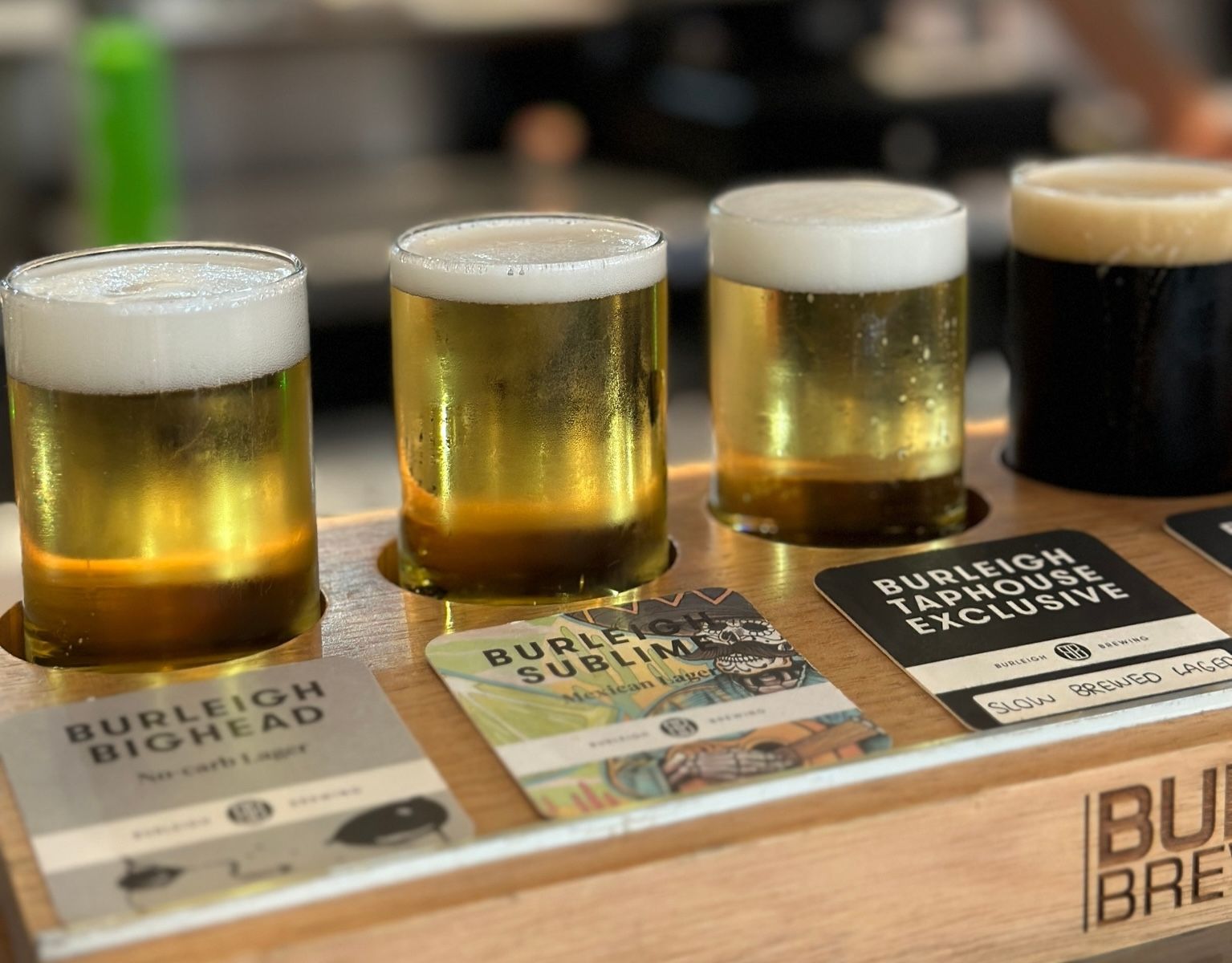
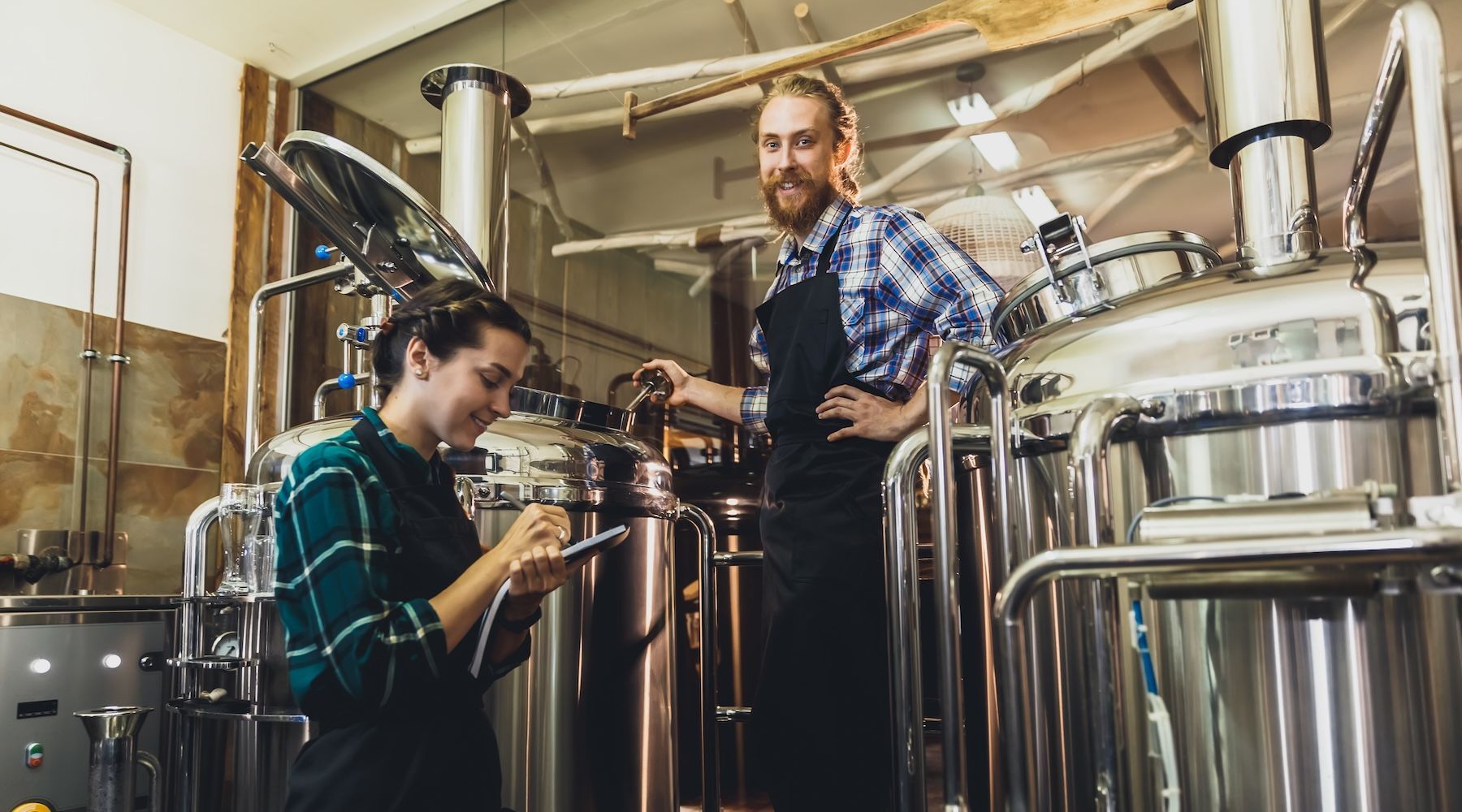
GET IN TOUCH
1512 Larimer Street, Suite #150
Denver, CO 80202
United States
(720) 699-0200
66 Goulburn Street
Sydney, NSW, 2000
Australia
+61 2 9044 1330

